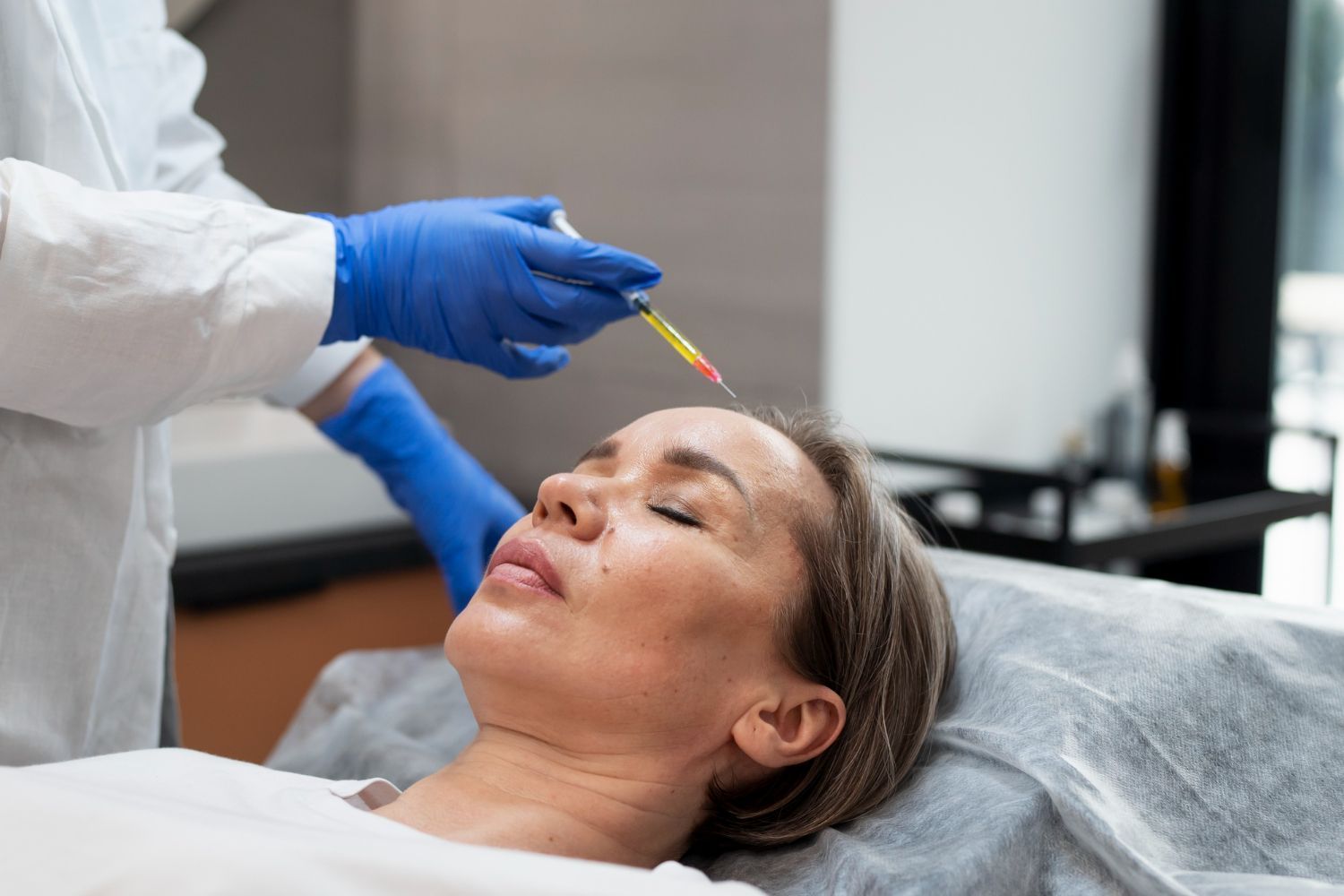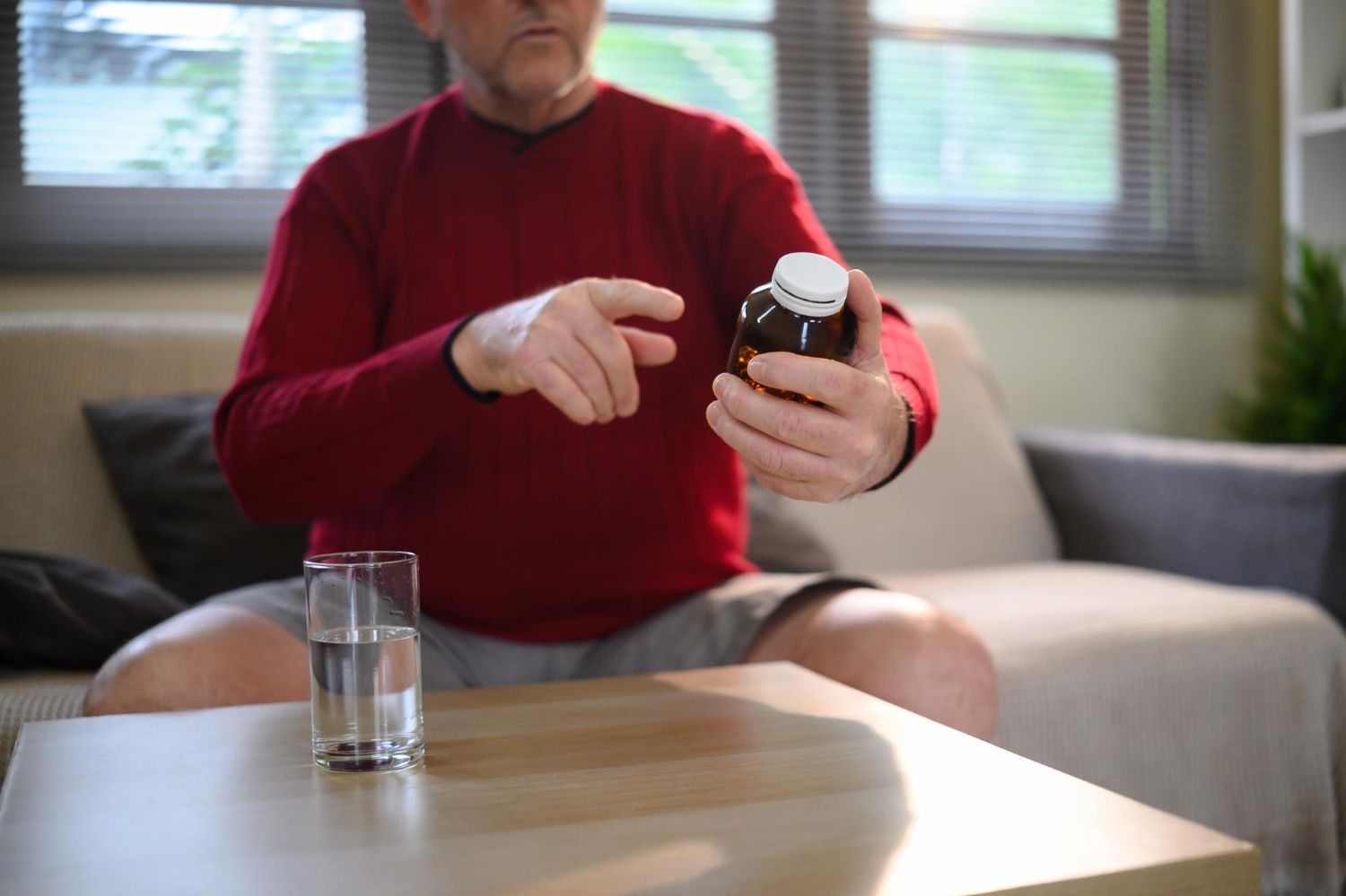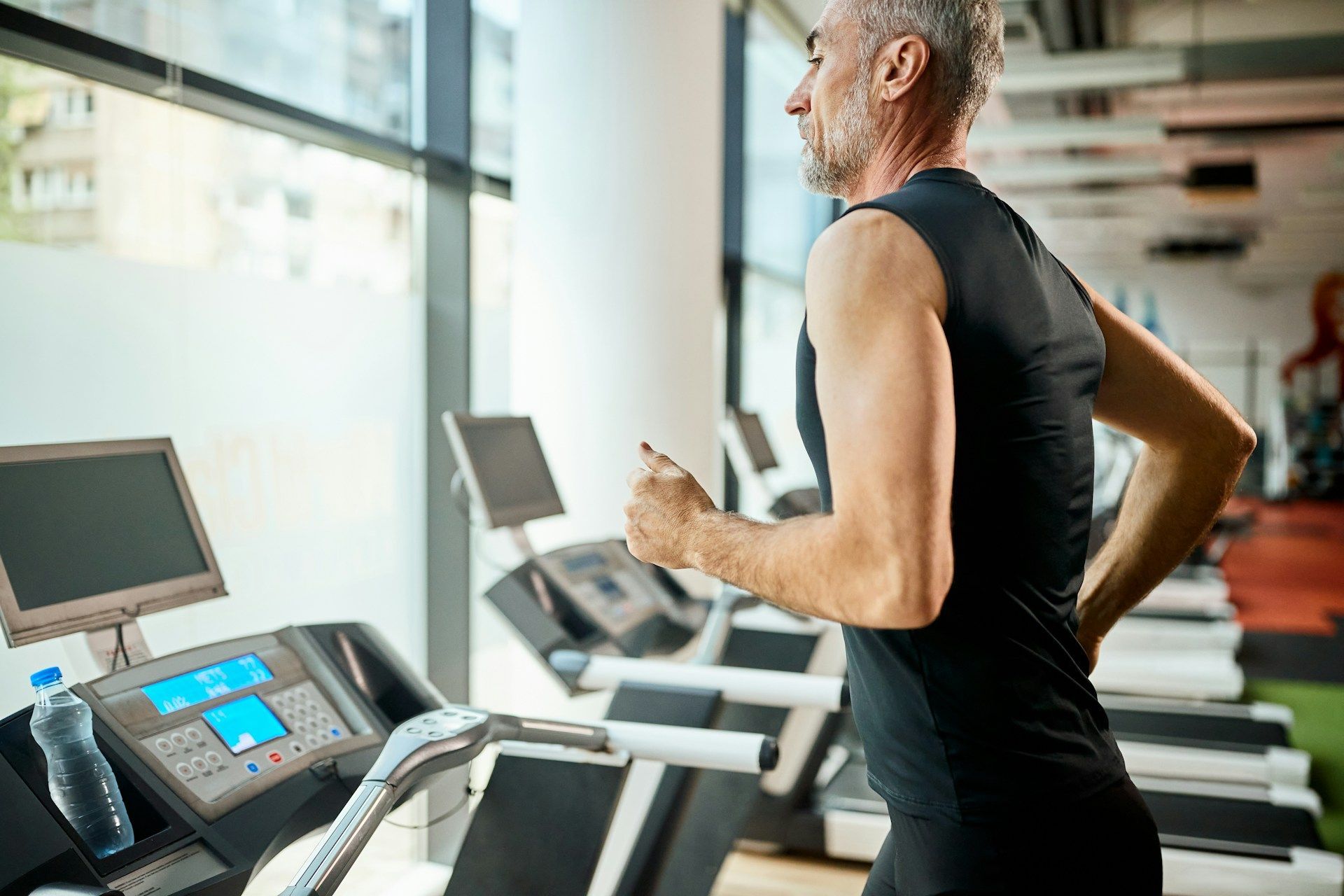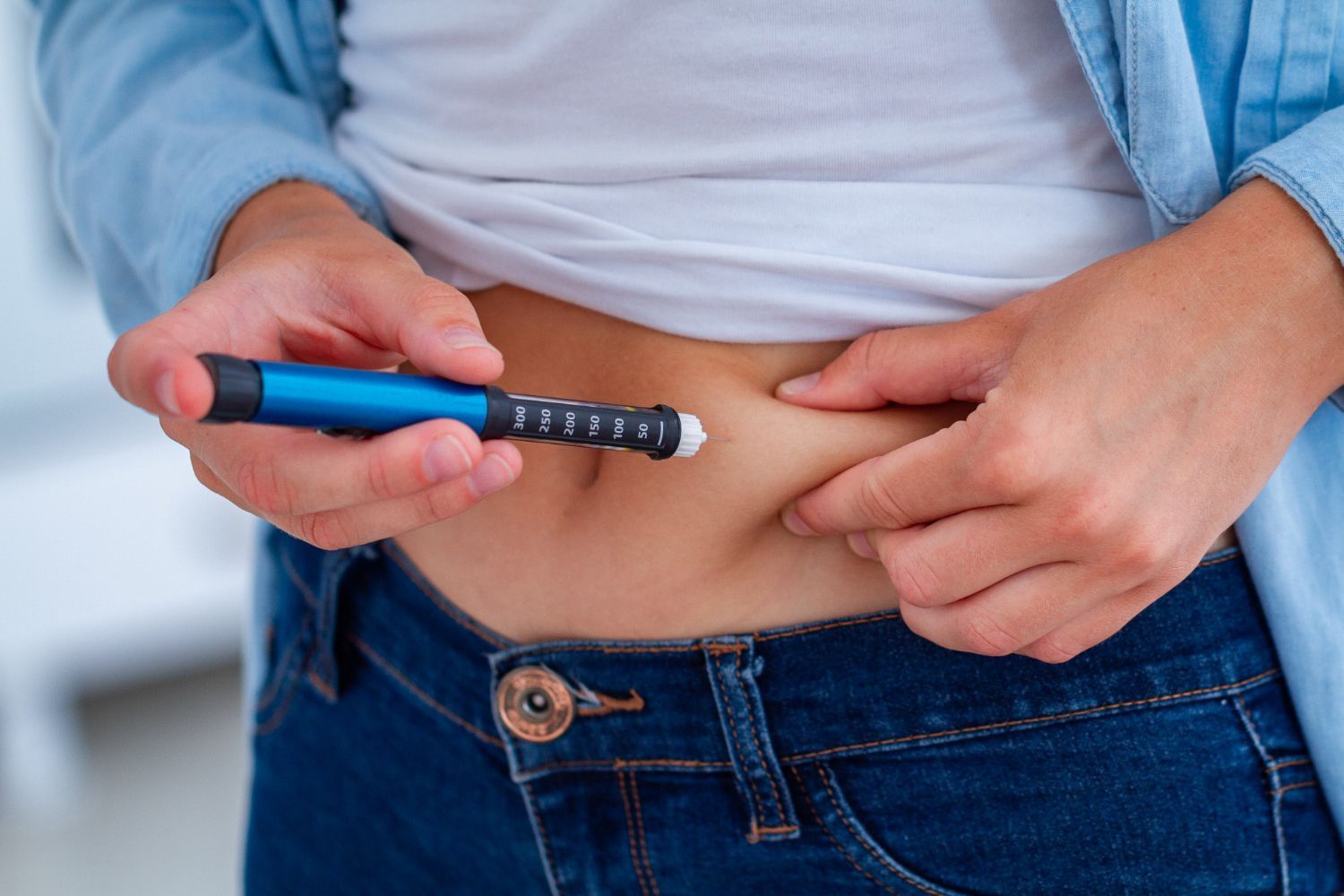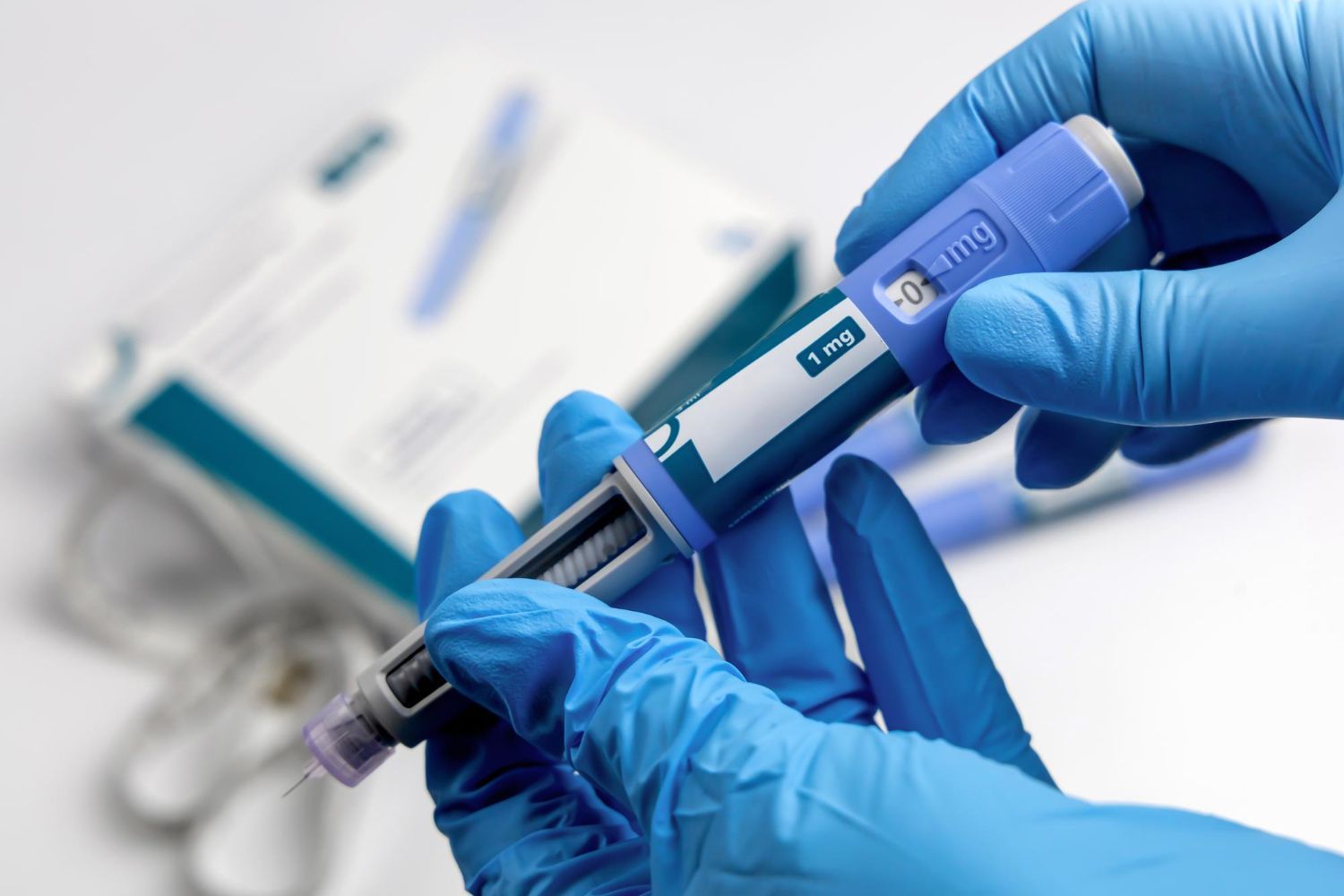Enhance Your Athletic Recovery Easily

Improving athletic recovery is essential for sustaining performance and preventing injuries. Whether you're a professional athlete or simply enjoy staying active, understanding recovery can make all the difference. Proper recovery strategies not only enhance performance but also reduce the risk of injuries, helping you stay in the game longer.
Recovery isn't just about resting; it's about integrating the right nutrients, sleep habits, and techniques into your routine. These elements work together to help your body heal and prepare for the next challenge. By focusing on nutrition, rest, and advanced techniques, you can maximize your recovery and performance.
Adopting these practices ensures your body has the support it needs to recover efficiently. With a few simple adjustments, you can experience better recovery results, keeping you energized and ready for whatever comes next.
Importance of Proper Nutrition for Recovery
Recovery after exercise relies heavily on proper nutrition. It plays a crucial role in repairing muscles, reducing fatigue, and preparing your body for the next workout. By understanding which nutrients your body needs, you can make choices that enhance recovery.
Key Nutrients to Support Muscle Repair
Fueling your body with the right nutrients can speed up muscle repair and recovery:
- Protein: Essential for building and repairing tissues, protein helps muscles recover after exercise. Include foods like chicken, eggs, and legumes for a balanced intake.
- Carbohydrates: They replenish glycogen stores depleted during exercise. Opt for whole grains, fruits, and vegetables to keep energy levels steady.
- Omega-3 Fatty Acids: These reduce inflammation and aid in muscle soreness recovery. Sources like salmon, chia seeds, and walnuts are beneficial.
- Antioxidants: Found in fruits and vegetables such as berries and broccoli, antioxidants protect muscle cells from damage.
Incorporating these nutrients into your meals can significantly improve recovery times and muscle health.
Role of Hydration in Reducing Fatigue
Staying hydrated is vital for effective recovery. Dehydration can lead to fatigue and negatively impact performance:
- Water: Drinking plenty of water before, during, and after exercise supports metabolic processes that aid recovery.
- Electrolytes: Key electrolytes like sodium, potassium, and magnesium get lost through sweat. Replenish them with sports drinks or natural sources like bananas and coconut water.
By focusing on these nutritional aspects, athletes can enhance their recovery, enabling better performance and reduced muscle soreness.
Incorporate Effective Rest and Sleep Strategies
Rest, especially sleep, is a critical component of athletic recovery. It allows your body to repair itself and consolidate the gains made during training. Prioritizing effective sleep strategies can lead to improved recovery results.
Benefits of Quality Sleep for Recovery
Quality sleep is a powerful recovery tool:
- Muscle Repair: During sleep, growth hormone levels increase, aiding in tissue growth and muscle repair.
- Mental Focus: Adequate rest improves cognitive function, essential for strategic decision-making in sports.
- Immune Health: Good sleep strengthens the immune system, reducing the risk of illness that can derail training.
Aiming for 7-9 hours of sleep each night can vastly enhance recovery and performance levels.
Tips for Optimizing Sleep Environment
Creating the right environment can improve sleep quality and recovery:
- Darkness and Coolness: Keep your bedroom dark and cool, which mimics the natural night and helps initiate deep sleep.
- Consistent Schedule: Go to bed and wake up at the same time daily, even on weekends, to regulate your sleep cycle.
- Limit Screen Time: Reduce exposure to screens an hour before bed to decrease blue light interference with sleep.
By adopting these practices, you can ensure that your body gets the rest it needs to recover effectively and be ready for future challenges.
Utilize Advanced Techniques and Therapies
Advanced techniques and therapies can give your recovery a significant boost, helping you bounce back faster and stronger. These methods incorporate innovative science to support the body's natural processes.
Exploring the Benefits of Peptide Therapy: Tesamorelin and Sermorelin
Peptide therapy offers promising benefits for athletic recovery:
- Tesamorelin: Known for promoting the release of growth hormones, Tesamorelin aids in muscle recovery and improves body composition.
- Sermorelin: It stimulates the pituitary gland to increase natural growth hormone production, speeding up tissue repair and recovery times.
Athletes can use these peptides to enhance recovery, reduce downtime, and ensure their bodies are ready for the next challenge.
Non-Invasive Options to Boost Recovery
Several non-invasive options can significantly improve recovery outcomes without extensive procedures:
- Cryotherapy: This involves exposing the body to extreme cold for short periods, reducing muscle soreness and inflammation.
- Compression Therapy: Wearing compression garments helps to increase blood flow, reduce swelling, and speed up muscle repair.
These therapies complement traditional recovery techniques, providing additional support for athletes looking to maximize their performance and durability.
Implement Stretching and Mobility Practices
Incorporating stretching and mobility practices can prevent injuries and enhance overall athletic performance. These activities keep muscles flexible and joints healthy, making them a vital part of any athlete's routine.
Daily Routines to Improve Flexibility
A good stretching routine is essential for maintaining and improving flexibility:
- Dynamic Stretching: Perform these stretches as part of your warm-up to prepare muscles for activity.
- Static Stretching: Use these after workouts to relax the muscles and improve their length over time.
- Foam Rolling: This self-massage technique helps release muscle tightness and improve tissue movement.
Regular incorporation of these practices can enhance flexibility, making movements smoother and more efficient.
Importance of Mobility Exercises in Preventing Injuries
Mobility exercises are crucial for injury prevention:
- Joint Circles: Simple movements that promote joint flexibility and strength.
- Lunges: They improve hip flexibility and leg strength.
- Yoga: Offers diverse poses that increase flexibility and balance.
Emphasizing these exercises can lower the risk of injuries, ensuring you stay active and healthy.
Conclusion:
Enhancing your athletic recovery can be straightforward and effective with the right approach. By focusing on nutrition, hydration, rest, and modern recovery methods, you can support your body’s natural healing processes. Advanced therapies like peptide therapy and innovative non-invasive methods bring science and technology to your aid. Coupled with essential stretching and mobility practices, these strategies help maintain peak performance and decrease downtime.
As you put these techniques into practice, your recovery becomes not just faster but more complete, allowing you to enjoy your athletic activities to the fullest. The benefits of optimal recovery don't just stop at the gym or the field; they extend into your overall health, impacting everything from energy levels to long-term well-being.
Helix HRT is here to help you take the next step in optimizing your recovery with personalized treatment plans. Our expertise in hormone replacement and wellness solutions can support your journey to enhanced performance and health. Contact Helix HRT today to explore our recovery-enhancing offerings.

